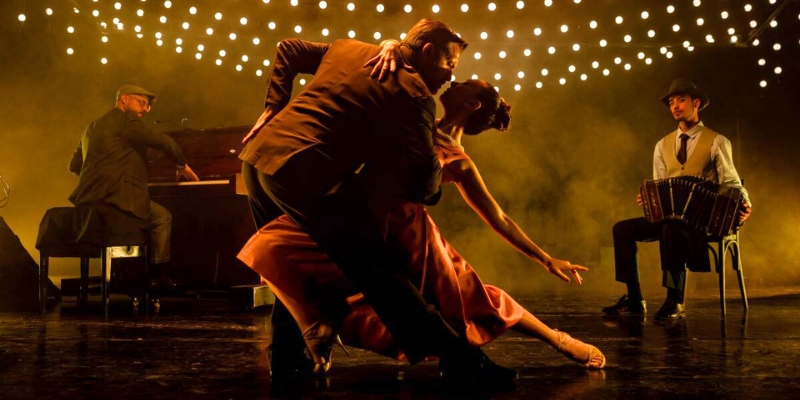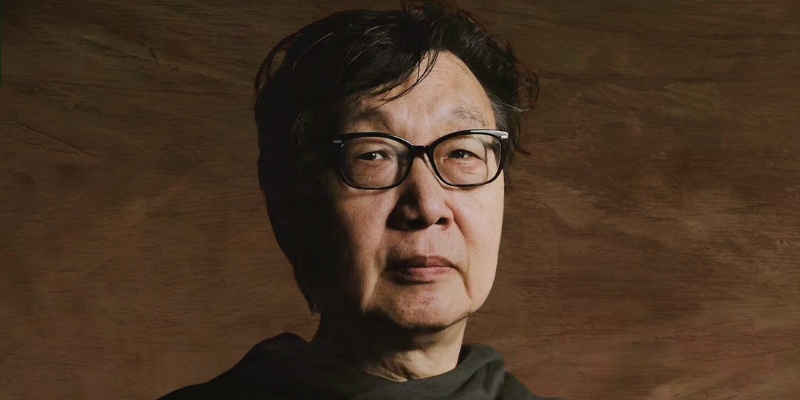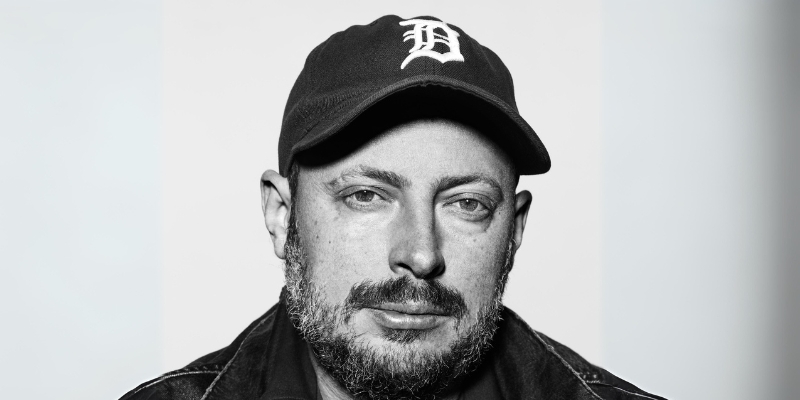Seattle is a literary town. The city is always noted as one of the most literate cities in America, and recently the city was designated by the United Nations Educational, Scientific, and Cultural Organization (UNESCO) as a City of Literature (one of only two in the United States – the other being Iowa City).
Being a book town, Town Hall is delighted to present Short Stories Live: The History of Seattle Literature on November 18 at the Rainier Arts Center. Town Hall’s Jonathan Shipley recently sat down with the night’s curator, Elliott Bay Book Company’s Karen Maeda Allman, to discuss her history at the store, the stories of Seattle’s history, and what we should read next.
JS: What’s your role at Elliott Bay Book Co? How long have you been there?
KMA: I’ve worked at Elliott Bay Book Company as a bookseller and as author events co-coordinator for 19 years now and I’ve had a chance over the years to discover some overlooked classics that deserve a much wider readership. These books can help us understand something important about our city. Many of the issues still resonate today.
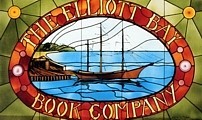
JS: Why did you choose Horace Cayton’s autobiography, Long Old Road: Back to Black Metropolis?
I found this excerpt of Harold Cayton’s long out-of-print memoir in Reading Seattle: The City in Prose, edited by Peter Donohue and John Trombold and published by the University of Washington Press. This anthology of over 100 years of writing about Seattle also includes essays and stories by Rebecca Brown, Mary McCarthy, Tom Robbins, Matthew Stadler and many others. I’m a longtime resident of Capitol Hill and the fact that Jim Crow was part of life here in our neighborhood haunts me. I often wonder how this history affects us still.
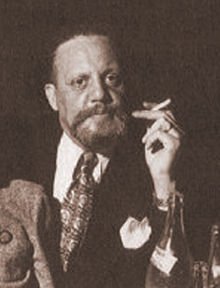
Horace Clayton
JS: What about famed Vashon Island author Betty MacDonald? What made you decide to choose her work?
KMA: My first encounter with the writing of Betty MacDonald was in a small article in a ‘zine called Transom, which I picked up at Confounded Books when it was still sharing a space with a CD and vinyl store called Wall of Sound. Her loving portrayal of a lunchtime visit to Pike Place Market could have been written today, when life is just as tough for struggling artists, writers, and single parents. MacDonald’s Anybody Can Do Anything has been reissued by the University of Washington Press, along with two of the author’s other memoirs. This timeless book also made an appearance in James Mustich’s 1000 Books to Read Before You Die, published this year by Workman Press.
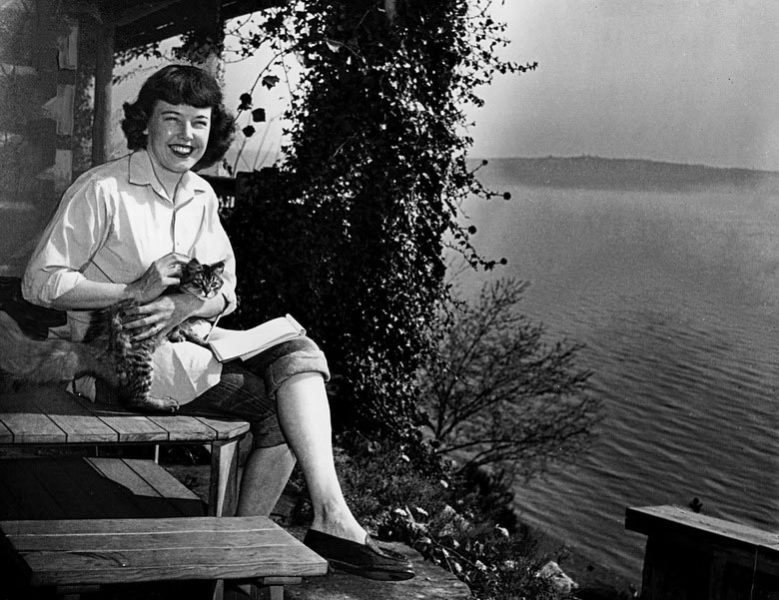
Betty MacDonald
JS: Can you tell me why you chose Japanese American writer John Okada?
KMA: I’d read John Okada’s novel No No Boy, but after I started working at Elliott Bay I read it again and thought about how many of the events in the novel took place within a few blocks of our old location in Pioneer Square. That area was also part of the Nihonmachi, or pre-World War II Japantown, which was a district that was hit heavily by the “evacuations” of Japanese families in the early 1940’s. These evacuations were nothing more than incarcerations and bans of people based on race, immigration status, and religion. Now that these practices have returned to our country for other groups of people, we have much to learn from the brave individuals who resisted and survived those times.
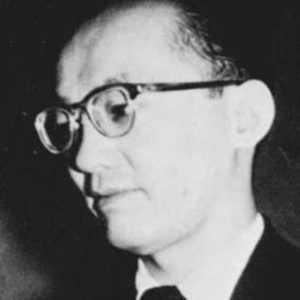
John Okada
JS: And Vi Hilbert?
KMA: We had the honor of working with the late Vi Hilbert, a revered storyteller, historian and Elder of the Upper Skagit. Lushootseed is her native tongue, and she was committed to furthering its revitalization along with the cultures of the people indigenous to our region. The SAM Olympic Sculpture Park signage includes Lushootseed plant names. Seattle University has named a campus building and an ethnobotanical garden in her honor. Lushootseed culture also lives on through stories such as those collected in Haboo.
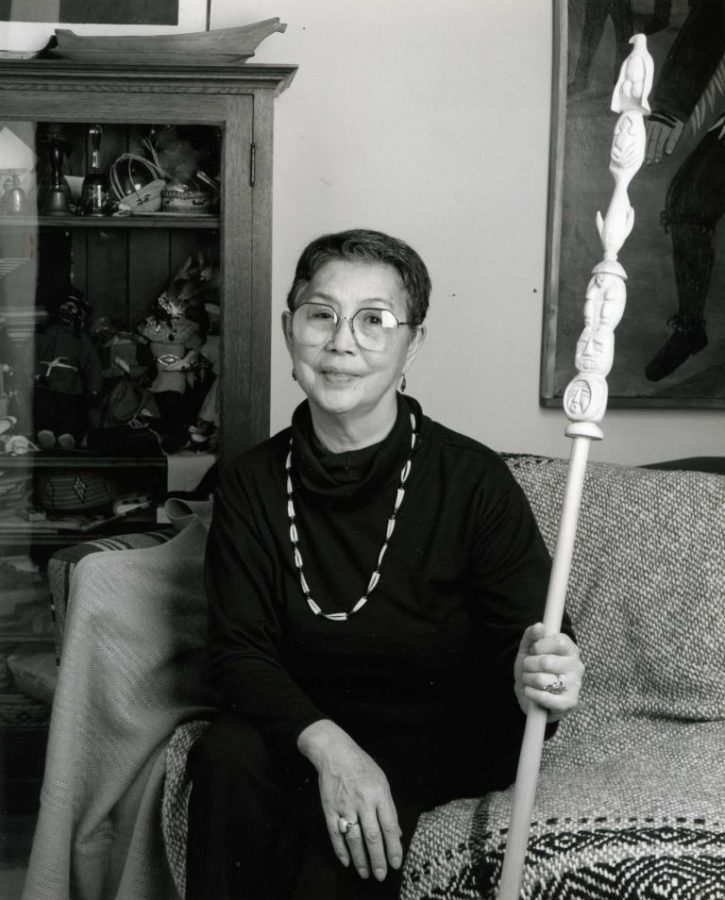
Vi Hilbert
JS: For those that want to read more, what would you recommend?
KMA: Check out the work of Kathleen Alcala, Glenn Nelson and Jourdan Keith, all people of color writing about our relationship to the natural world. Poets Laura Da’, Claudia Castro Luna, Anastacia-Renee, and Quenton Baker inspire and teach me. Children’s book writers Kelly Jones, Sanae Ishida, Ken Mochizuki, Jessixa Bagley and Julie Kim are inspiring the next generations. Mattilda Sycamore Bernstein, Rebecca Brown, Donna Miscolta, Frank Abe, Nisi Shawl, Nicola Griffith, Sonora Jha and Chrystos are just a few pushing the boundaries of form, identity and possibility in their writing. There are so many more, but this is my list for today.
To hear these amazing works read live by local Seattle actors, don’t miss Short Stories Live on 11/18.
